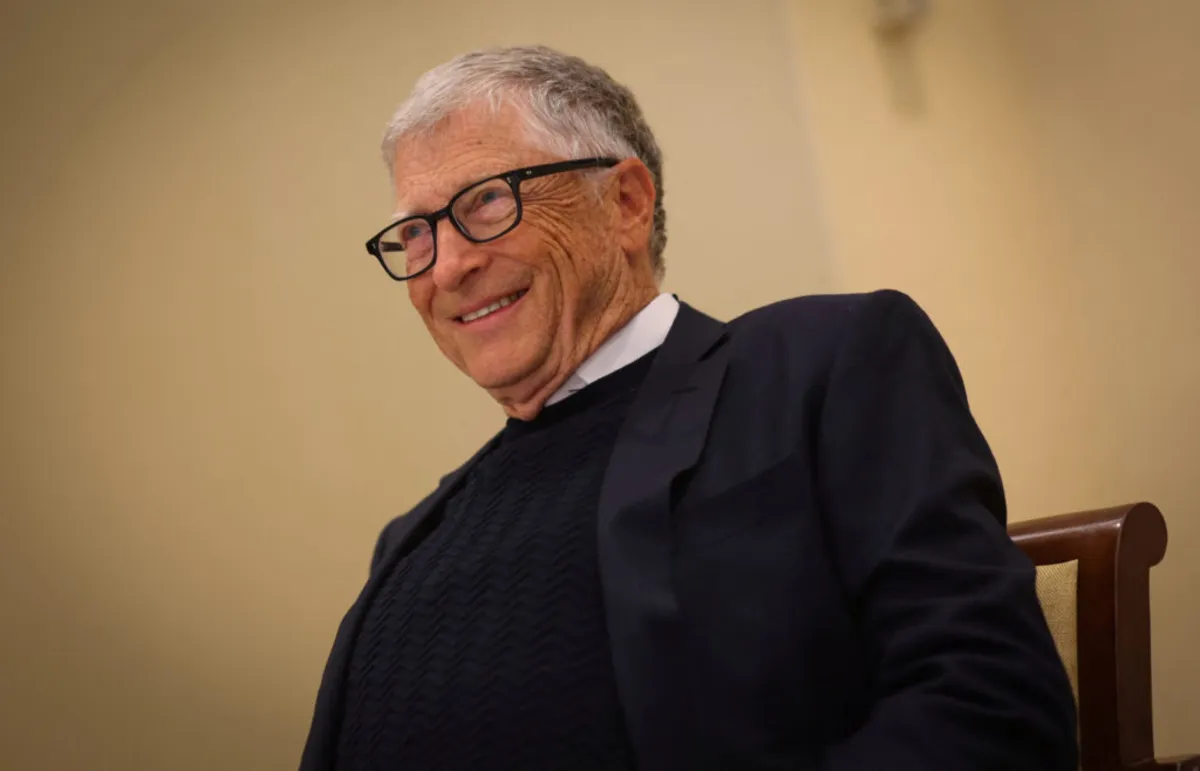
In a groundbreaking announcement, Bill Gates has declared his intention to donate a staggering 99% of his remaining fortune, estimated at around $107 billion, to the Gates Foundation. This philanthropic commitment means the foundation will now close its doors by the year 2045, a decade earlier than initially planned. This pledge ranks among the most significant philanthropic gifts in history, surpassing the donations made by renowned industrialists like John D. Rockefeller and Andrew Carnegie when adjusted for inflation.
Bill Gates’ donation is set to be delivered over time, enabling the Gates Foundation to disburse an additional $200 billion over the next 20 years. This monumental gift builds upon the foundation's existing endowment of $77 billion, which has been generously funded by Gates himself, Melinda French Gates, and investor Warren Buffett. Commenting on his commitment, Gates expressed excitement about the opportunity to contribute significantly to global health and education initiatives in the U.S. and abroad.
Gates' announcement signals a transformative shift in philanthropy, emphasizing a more immediate allocation of resources to impactful causes. Philanthropy expert Rhodri Davies described the pledge as “a welcome bit of boldness” during a time when optimism in charitable giving is scarce. This shift indicates a move away from the traditional model of foundations operating in perpetuity, paving the way for more dynamic approaches to philanthropy.
The Gates Foundation has long been a leader in shaping global health policy, focusing on reducing childhood mortality and improving health outcomes worldwide. Since its inception in 2000, the foundation has invested over $100 billion in various initiatives. Gates noted that their work has exceeded his expectations, calling it his “second and final career.” The foundation has been pivotal in areas such as vaccine distribution and partnerships with countries to enhance healthcare access.
Despite the challenges posed by global issues like the ongoing conflicts in Ukraine and Gaza, the foundation remains focused on ambitious goals. These include eradicating polio, controlling diseases like malaria, and addressing malnutrition. Gates believes that by investing in these critical areas now, the foundation can inspire future wealthy donors to tackle other pressing global problems.
Significant changes have also reshaped the foundation's governance as it approaches its 25th anniversary. Following the divorce of Gates and Melinda French Gates in 2021, and Warren Buffett's resignation as a trustee, new board members have been appointed to guide the foundation's future. Melinda French Gates has since left to focus on her own organization, emphasizing her commitment to addressing the rollback of women's rights in the U.S.
As the Gates Foundation navigates its remaining two decades, it will maintain a budget of approximately $9 billion per year, reflecting a strategic focus on impactful initiatives. CEO Mark Suzman highlights the need for careful prioritization to ensure resources are effectively used to tackle the most pressing challenges in global health.
Despite the uncertain landscape of global philanthropy, Gates and the foundation maintain a positive outlook. They continue to seek innovative solutions and ways to lower healthcare costs, underscoring the importance of renewed commitment from affluent individuals to support those in greatest need.
In conclusion, Bill Gates’ landmark pledge is poised to redefine philanthropy and has the potential to significantly improve global health and education outcomes, leaving a lasting legacy for future generations.